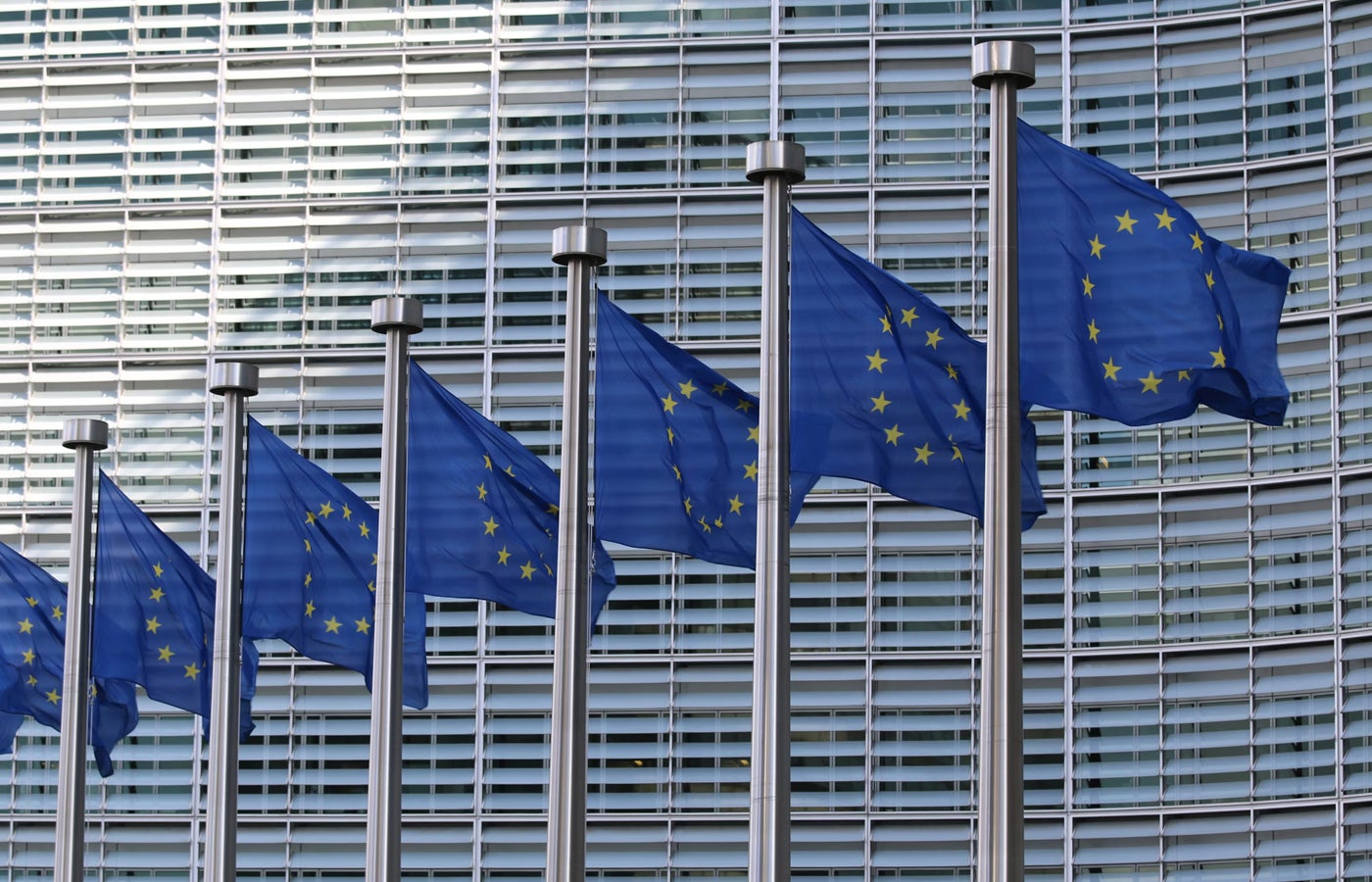
Is Google Rigging Search? EU’s Preliminary Findings Are In
- 20.03.2025 16:44
- techrepublic.com
- Keywords: danger, success
The European Commission has accused Alphabet of breaching the Digital Markets Act by self-preferencing in Search and the Play Store. The findings claim Google favors its services over competitors, with changes deemed insufficient. Potential fines could reach 10% of global turnover.